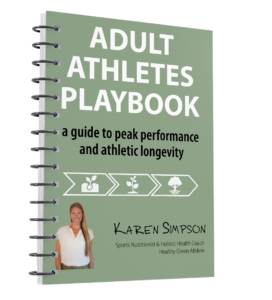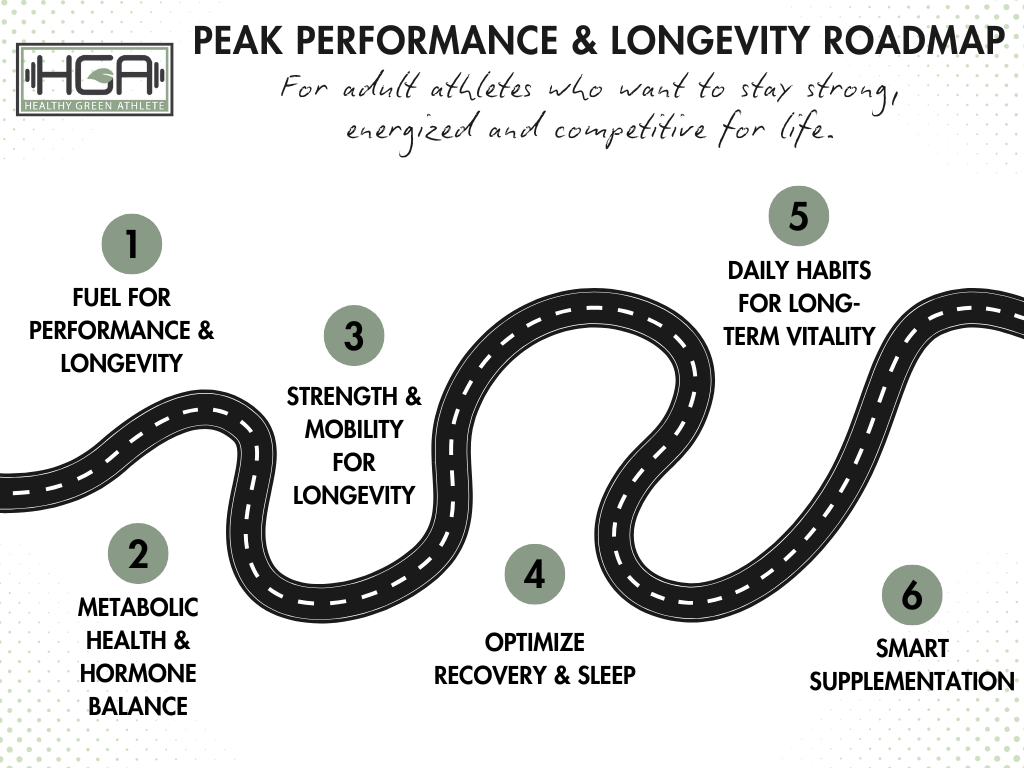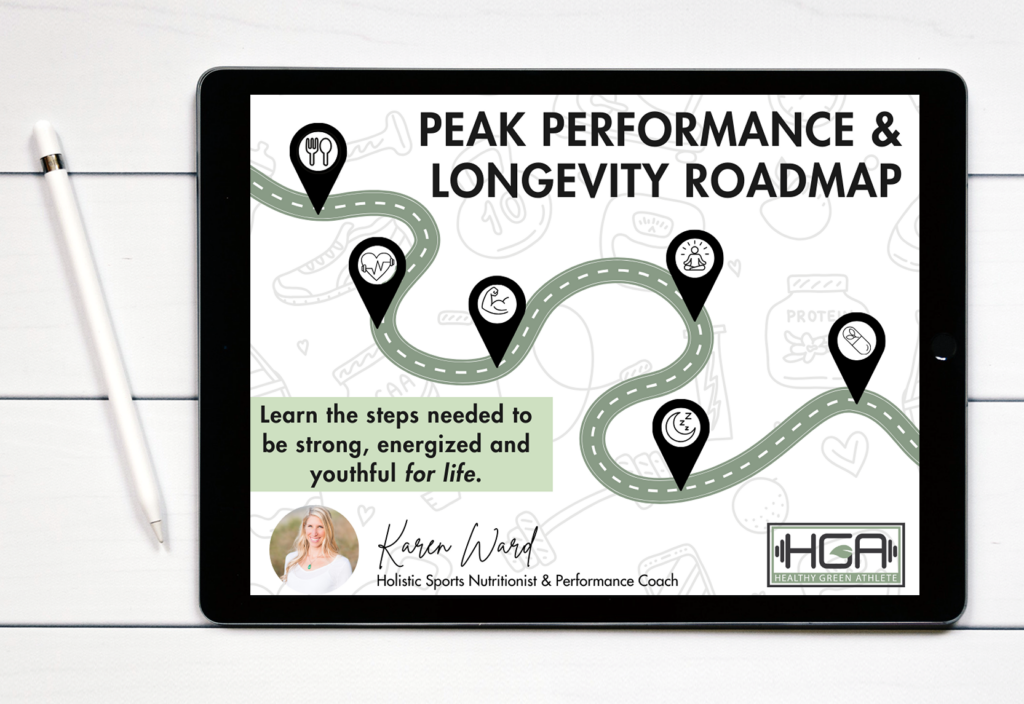One of the most popular questions that I get asked as a nutrition coach is “what’s the best diet?”. The short answer is that there isn’t an answer. The long answer is what I’ll share in this post because the best “diet” for you is the one that works best for you.
Not helpful, I know. But stay with me here and I promise I’ll be a lot more helpful as you keep reading.
First I’ll start by admitting that I don’t like to use the term “diet” to refer to the choices that I or my clients make when it comes to food. I myself will never say that I’m on a diet, or that my clients need to follow a certain diet.
Instead, I use the term “food values”. Food values are a list of dietary characteristic that matter most to the individual. These values are a way to align food choices with a set of very personal and unique factors. They are the drivers behind why you choose the foods that you do. These factors include:
- Personal goals (health, fitness, performance, body composition, etc.)
- Moral, social, cultural and/or ethical beliefs
- Food allergies or sensitivities
- Food preferences (likes and dislikes)
- Economic factors (cost, income level, availability)
- Attitudes and knowledge around certain foods or food groups
- Level of self-awareness
- Psychological relationship with food
- Level of interest or skills to cook food at home
- Lifestyle influences (meal patterns, habits around food, time constraints)
- Misinformation and marketing (claims by book authors, brands and social media influencers)
We live in a society where the menu food choices is endless and the list of reasons why we, as individuals, make those choices is just as long. This makes personal nutrition incredibly complicated.
Let’s forget for a minute about all of that. Instead let’s tune into what foods you currently choose and why you choose them by completing the exercise below.
My Ideal Diet Exercise
Pull out a sheet of paper and create a table with 3 columns (or use this Ideal Diet Worksheet. )
In the first column, identify your food value. This is a characteristic of food that is important to you and often serves as the reason for why you choose to include certain foods in your diet. Then describe why this food value is important to you. Next, identify your willingness to abandon that food value using the following scale: .
1 = Never. This is a non-negotiable value and I will never let this go unless I absolutely need to for survival.
2 = Rarely. This is incredibly important to me, but am wiling to abandon it on very special occasions.
3 = Occasionally. This food value is typically part of my daily routine but I am willing to abandon it every so often if I have no other options or my daily routine is disrupted.
4 = Some of the time. I’m willing to let this one go if I am limited on options.
5 = Most of the time. I’m willing to abandon this one if I want to indulge or enjoy a certain food.
Once you’ve completed this exercise, you will have a better idea of what characteristics represent your ideal diet. These values will continue to evolve as you increase your knowledge about foods and your self-awareness. Your willingness to abandon them may also change based on your personal goals.
Also Read: Use Your Core Motivation Style to Set Goals
Keeping these food values in mind and your willingness to abandon them will also be helpful when you’re in new situations or traveling and want to make the best choice for you.
Another benefit that I found with this exercise is that it makes it much less awkward when you find yourself in a conversation about your food choices. Instead of feeling like you have to say “no, I’m on a diet”, you can refer to this list and tell them the reasons why you are opting out or choosing something over another. Now you can say “I’m choosing to follow my food value of (food value) because (reason for food value). ” And of course, you don’t have to say anything at all if you’d prefer! Don’t ever feel like you have to defend your choices/food values or explain them to anyone but yourself.
When you’ve defined the parameters of what you want your ideal diet to be, you’ll increase the chances of sticking to the ones that mean the most to you. At the same time, you’ll likely feel less guilt or shame around not sticking to the ones that may not have as much importance to you. When you approach food from a food values standpoint, you’re giving yourself a customized set of rules and deciding the exact situations that it’s okay to loosen up those rules a bit.
Ultimately, having a list of prioritized food values will improve your relationship with food. It can also eliminate some of the overwhelm associated with having conflicting food values or a loooong list of them.
I hope this was helpful and would love to hear how it went for you! What are some of your food values and reasons for choosing them? Let me know in the comments!















3 Comments
Pingback:
Pingback:
Pingback: